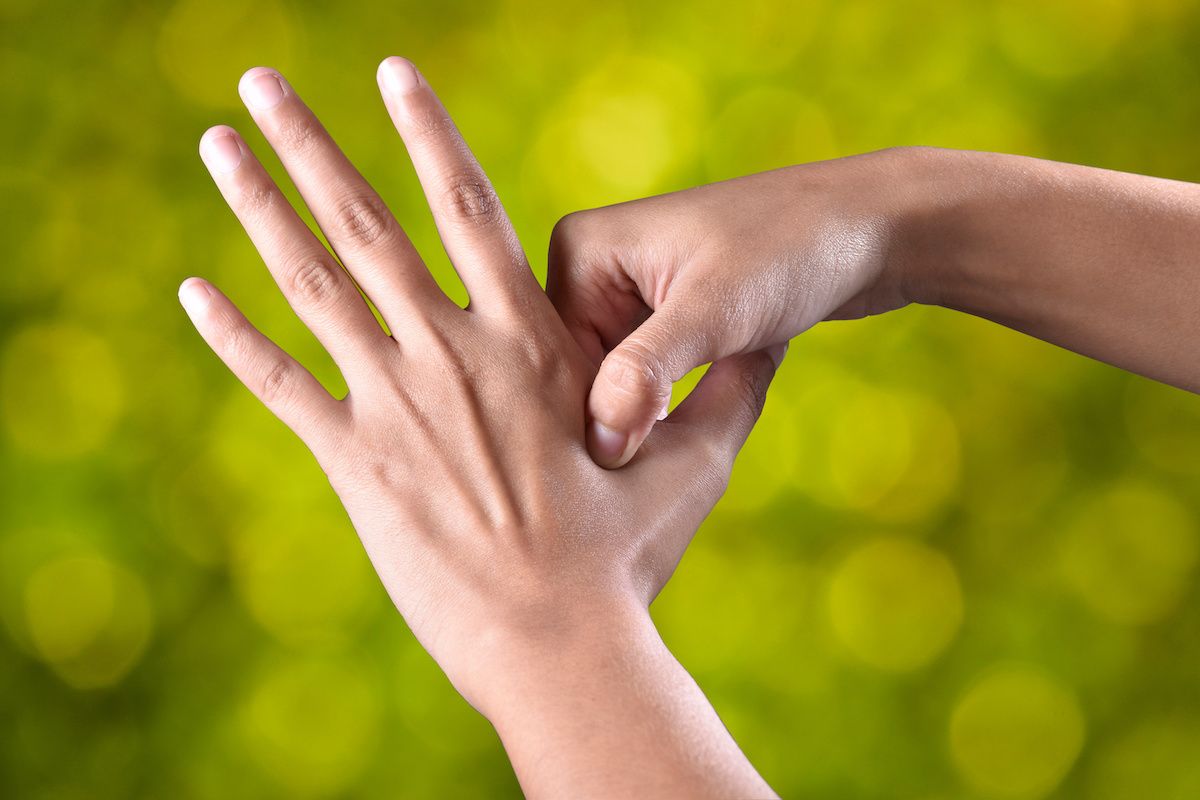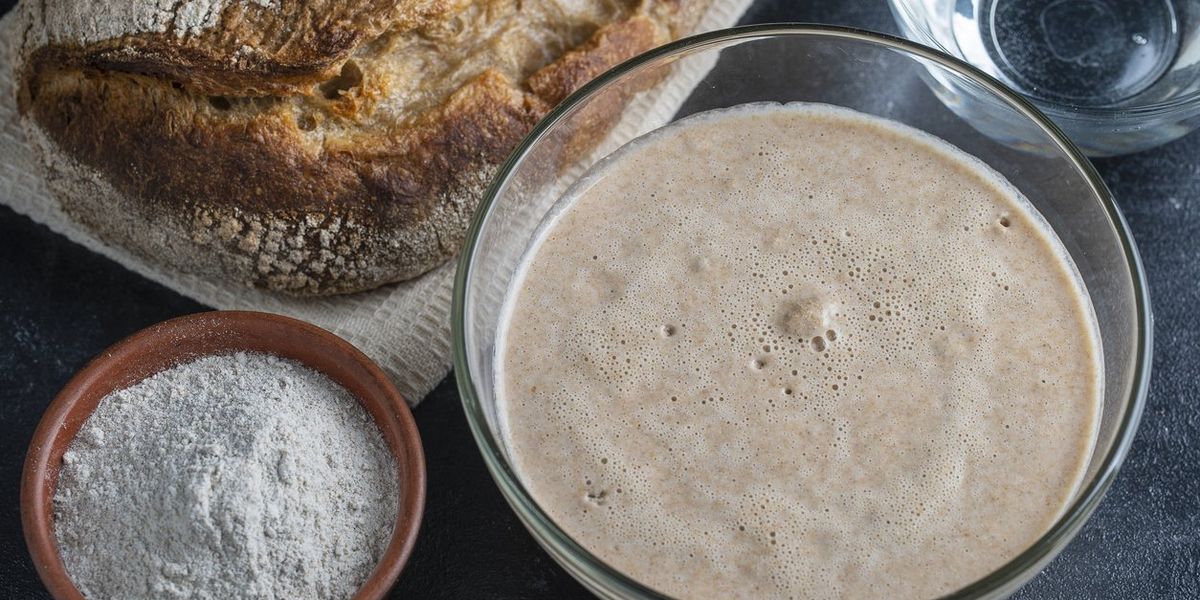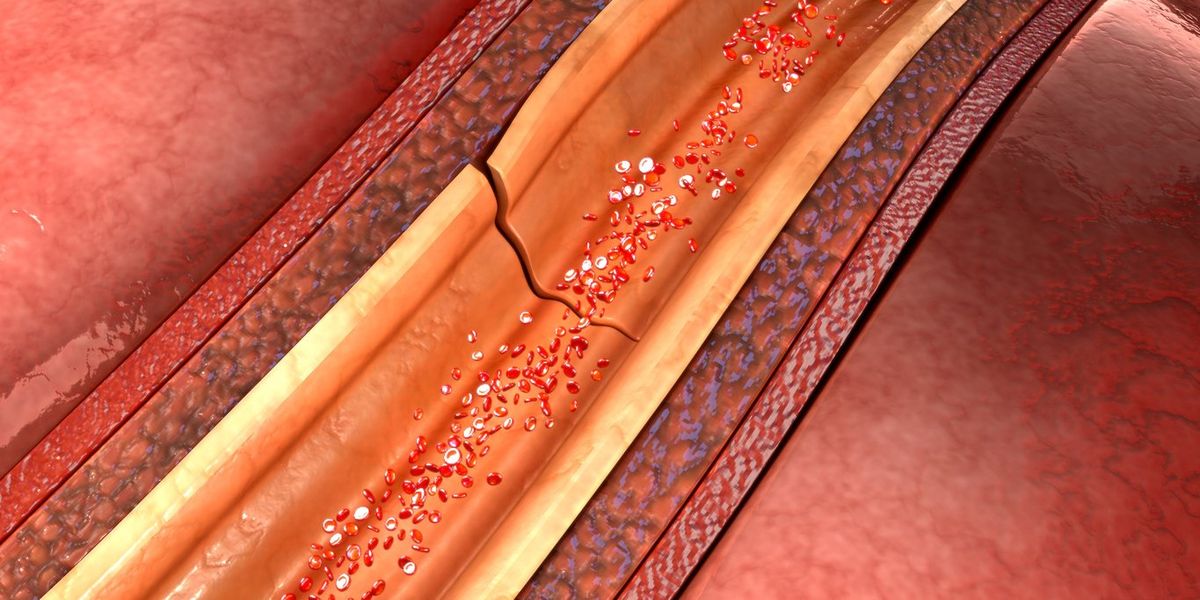Matcha tea during pregnancy: Benefits and side effects
Matcha tea is high in antioxidants, making it a healthy beverage. But can you have matcha tea during pregnancy? Here are its benefits and side effects.
Matcha tea, a type of powdered green tea, is popular for its vibrant green colour. That’s not all. Since it is high in antioxidants as well as caffeine, it can provide a balanced energy boost without the jitteriness that is often associated with coffee. No wonder many people like to use this fine powder to prepare tea, lattes, smoothies, and even desserts. It may be part of your daily diet too. However, if you are expecting, you may wonder if drinking matcha tea during pregnancy is a good idea or not. There may be a few benefits, but there are also potential side effects associated with the powdered form of green tea.
What are the benefits of drinking matcha tea during pregnancy?
Your pregnancy diet must be full of healthy foods, including colourful vegetables, and fruits. Drinking matcha tea during pregnancy may also be beneficial. During a 2018 study published in Scientific Reports, researchers found the consumption of tea with catechins like epigallocatechin gallate to be safe during early pregnancy.
Here are some key benefits of drinking matcha tea during pregnancy:
1. High in antioxidants
Matcha is packed with catechins, especially epigallocatechin gallate, which help to fight oxidative stress and protect the cells in your body. “During pregnancy, these antioxidants can help to strengthen your immune system, and protect fetal development from oxidative damage,” says obstetrician and gynaecologist Dr Sadhna Singhal Vishnoi.
2. Provides a gentle energy boost
“Unlike coffee, which can lead to spikes in energy levels and crashes, matcha can offer a steady and sustained energy boost due to its combination of caffeine, and L-theanine,” says the expert. Drink matcha tea during pregnancy, as it is a great alternative to coffee. “It can help to fight pregnancy fatigue without increasing anxiety or heart rate significantly,” says the expert.
3. Supports digestion
Pregnancy can slow down digestion, leading to bloating and constipation. “The polyphenols in this type of healthy tea can support digestion and your gut health. This in turn can reduce bloating and promote regular bowel movements,” says the expert.
4. May lower risk of hypertension
Sometimes, women experience hypertension or high blood pressure after 20 weeks of pregnancy. “The flavonoids and catechins in matcha can improve your blood circulation, and lower the risk of pregnancy-related hypertension, which is quite common,” says the expert.
How to prepare matcha tea during pregnancy?
Here’s how you can enjoy matcha tea during pregnancy:
1. Basic matcha tea
- Take 1 teaspoon of matcha powder, and put it in a cup.
- Add 59 ml of warm water to it.
- Whisk it in a circular motion until frothy.
- Add more warm water if desired.
2. Matcha latte
- Put 1 teaspoon of matcha powder into a cup.
- Use warm milk (dairy or plant-based milk) instead of water.
- Whisk it for a few seconds then enjoy it.
“Make sure to choose high-quality organic matcha to avoid heavy metals and contaminants. Also, drink matcha tea during pregnancy earlier in the day to avoid sleep disturbances,” says the expert.
What are the side effects of drinking matcha tea during pregnancy?
Having matcha tea during pregnancy can be good for you. “However, have it in moderation, which means no more than one cup in a day due to its caffeine content,” says Dr Vishnoi. Excessive consumption of this type of tea can lead to side effects:
1. May affect fetal development
Matcha has a relatively high caffeine content, which is between 18.9 and 44.4 mg per gram, according to research published in Molecules in 2020. While expecting, consumption of caffeine should be less than 200 milligrams per day, according to The American College of Obstetricians and Gynecologists. “Too much caffeine may increase your risk of miscarriage, low weight of your baby, and preterm birth,” says the expert.

2. May reduce folic acid absorption
Drinking matcha tea during pregnancy may be healthy due to the presence of catechins. “But they can also interfere with the absorption of folic acid, which is essential for preventing birth defects,” says the expert. To minimise the risk, have it at least 1-2 hours apart from prenatal vitamins or folic acid supplements.
3. May reduce iron absorption
The powdered version of green tea contains tannins, which can bind to iron from plant-based foods (non-heme iron). This way it can reduce the absorption of iron, which is crucial during pregnancy. “Iron can prevent anemia, fatigue, and low birth weight,” says Dr Vishnoi. Avoid having this tea with meals containing iron-rich foods like spinach, beans, and lentils.
4. Can cause digestive issues
Some pregnant women may experience nausea or acid reflux due to the presence of caffeine and tannins in matcha. “Also,drinking it on an empty stomach may lead to stomach irritation,” says the expert. To prevent discomfort, have it after a meal rather than on an empty stomach.
5. Overstimulation
The high caffeine content in matcha tea can lead to sleeping problems, and restlessness. To prevent this, avoid having this beverage late afternoon or evening,” says the expert. This way there will be no overstimulation, and you can sleep like a baby.
You can have matcha tea during pregnancy, but stick to only one cup a day. Excessive intake of this type of tea may lead to caffeine-related risks, reduced folic acid or iron absorption, and digestive discomfort. Also, choose high-quality matcha, and avoid having it on an empty stomach.
Related FAQs
What tea to avoid when pregnant?
Tea like black tea is high in caffeine, which may cause insomnia, anxiety, and heart palpitations. Some herbal teas like sage tea contains thujone, which may cause uterine contractions and miscarriage.
Does matcha tea affect fertility?
It is high in catechins and epigallocatechin gallate that can help to reduce oxidative stress. Reduction of oxidative stress is important as it can damage egg quality, and affect fertility. Matcha contains L-theanine, which can help lower cortisol levels. High stress and cortisol levels can disrupt ovulation and menstrual cycles. But it contains caffeine, so it may have a negative impact on fertility when taken in high doses.
Source link
Share this article:













